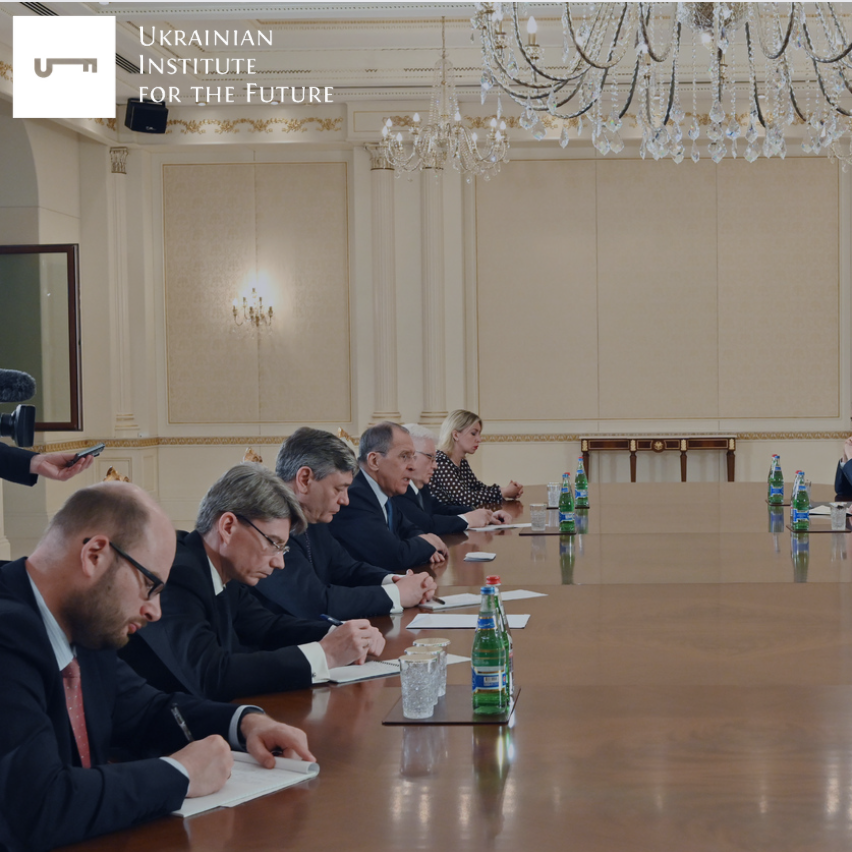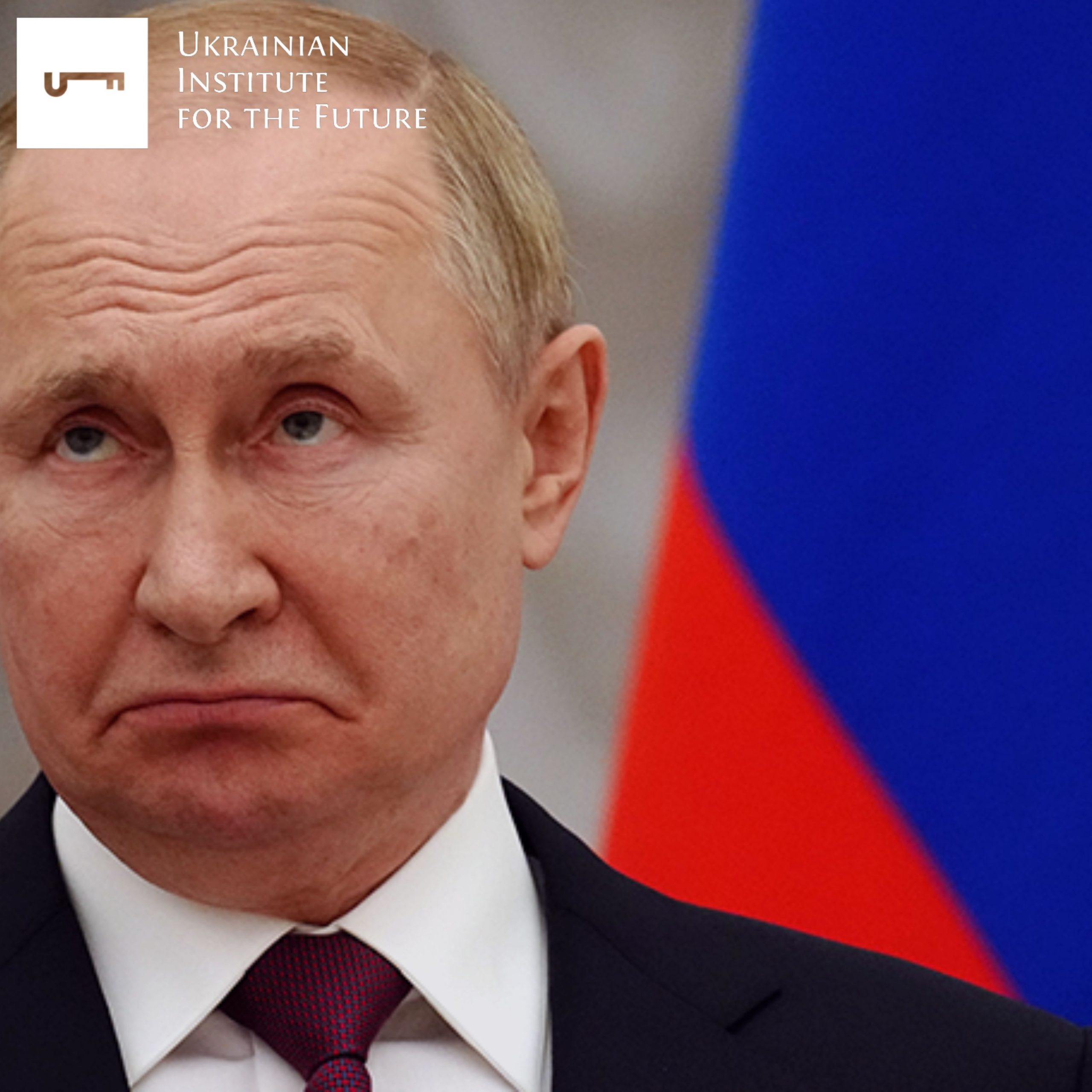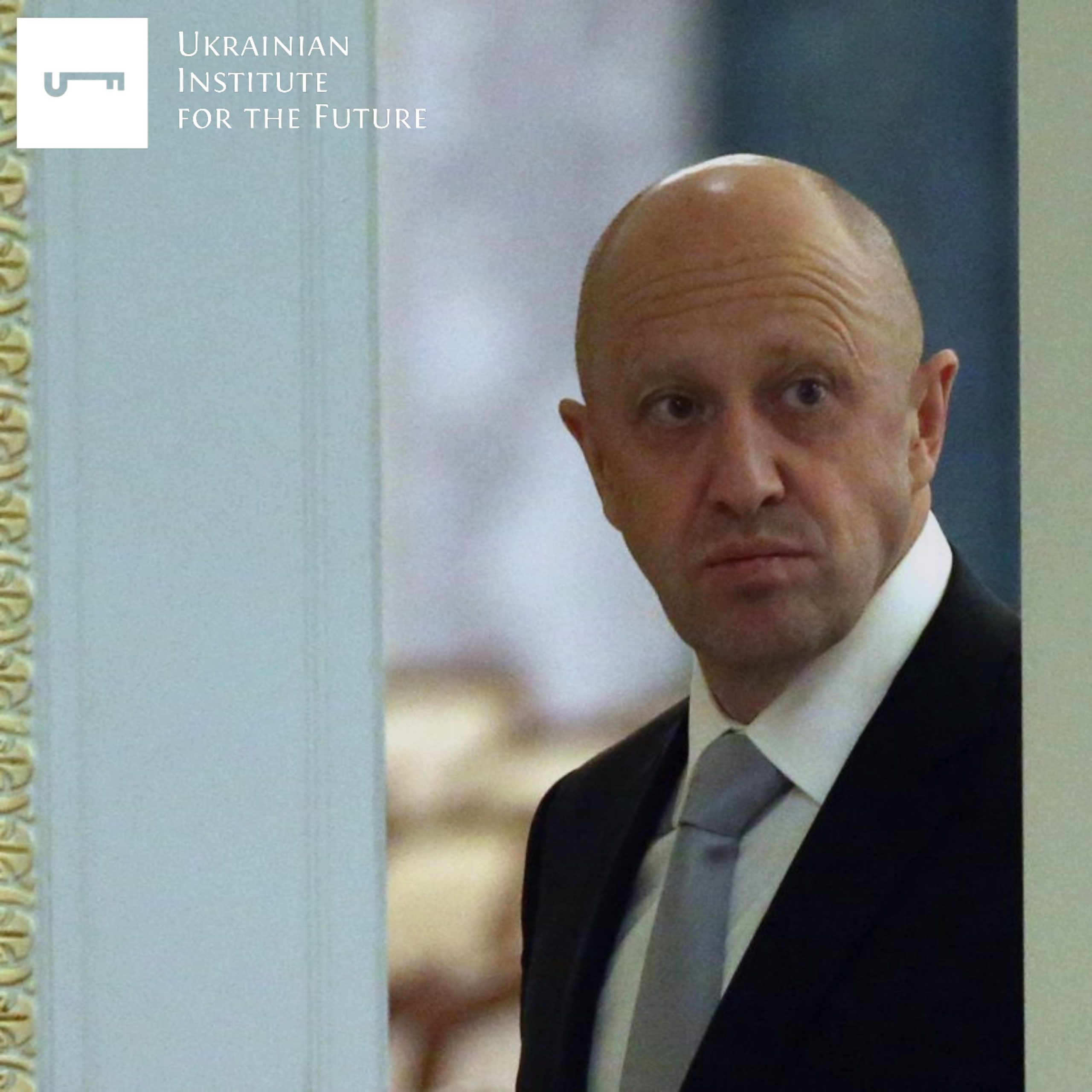Sergei Lavrov’s visit to Azerbaijan was aimed at solving two problems:
1. Increase pressure on Armenia in order to incline Yerevan as for agreements with Azerbaijan regarding the opening of transport corridors in the region;
2. “Compare notes” with the official Baku regarding the regional situation, considering the new circumstances: the consequences of the earthquake in Turkey and the deterioration of relations between Azerbaijan and Iran.
Both tasks correspond to the general goal of the foreign policy of the Russian Federation at this stage – circumventing EU and US sanctions, stretching time in the context of its confrontation with the West, and building alternative logistics. To achieve this, Russia needs to persuade Armenia to agree with Azerbaijan on Nagorno-Karabakh and unblock transport corridors in the region. Azerbaijan is taking advantage of the weakening of the Russian Federation in Ukraine to hammer out more favourable agreements for itself, but so far it does not go beyond the “red lines” and does not try to break the status quo, which was created by Turkey and Russia after the Karabakh war of 2020.
So far, Russia has not managed to achieve any breakthrough in the negotiations with Azerbaijan.
General analysis
On February 27-28, Minister of Foreign Affairs of the Russian Federation Sergey Lavrov paid an official visit to Azerbaijan. It was dedicated to the anniversary of signing the treaty on allied relations by the two sides on February 22, 2022. During the visit, Lavrov had a meeting with President Ilham Aliyev, Minister of Foreign Affairs Jeyhun Bayramov and spoke at the plenary session of the Russian-Azerbaijani Expert Council.
During the meeting with the president, Aliyev said that he hopes that 2023 “will be a breakthrough year” in relations between Azerbaijan and Armenia and that with the Russian Federation’s mediation, it will be possible to “turn the page of hostility and bring peace to the South Caucasus”. For his part, Lavrov used this opportunity to criticize the EU and the USA, which he accused of undermining peace initiatives in the Caucasus.
Lavrov’s visit to Baku was aimed at solving several important tasks that are currently on the Kremlin’s agenda.
The first task is to withdraw Armenia and Azerbaijan and agree on solving the situation around Nagorno-Karabakh. This will make it possible to unblock transport corridors in the region, which Russia needs to implement “parallel imports” and circumvent certain Western sanctions. It is alternative logistics that Moscow is currently trying to build, entering into situational partnerships with various non-Western countries that maintain formal neutrality and did not join EU and US sanctions. Azerbaijan is one of such partners in the Caucasus. In addition, mediation in concluding Armenian-Azerbaijani agreements will allow the Russian Federation to maintain its political influence on both states and its military presence in the Karabakh region.
The second task is to repel attempts by the EU and the USA to seize the initiative in the Caucasus. Last year, the European Union sent its police mission to the Azerbaijani-Armenian border to monitor the situation there after several episodes of border fighting between the sides. The deployment of the mission provoked a negative reaction from Moscow, which sees it as an attempt by the West to seize the levers of influence on the situation from them and prevent them from unblocking the corridors as it suits them.
The third task is to improve the relations between Azerbaijan and Iran in order to include the latter in the transport and logistics arrangements around Karabakh. The rapprochement of the Russian Federation and Iran in recent months creates opportunities for the Kremlin to develop transport corridors to the south not only through Turkey, but also through Iran. However, this requires the inclusion of Iran in any regional agreements with Azerbaijan and Armenia. However, official Tehran acts as an ally of Yerevan, which worsens its relations with Baku. Moreover, Azerbaijan’s closer cooperation with Israel in recent years has created additional friction in relations with Iran, especially after mass protests which began in the country last autumn. The notional “Iranian road” to the south could become an important alternative to the Turkish one, considering the consequences of the earthquake, as well as in the event of Erdogan’s defeat in the elections and a more pro-Western president’s coming to power.
Taking advantage of the weakening of the Russian Federation in Ukraine, Azerbaijan, for its part, exerts pressure on Armenia and Russia, trying to take control of as much territory as possible in the region of Nagorno-Karabakh and incline Armenia to greater concessions in any peace treaty. It is for this purpose that the blockade of the Lachin Corridor by “Azerbaijani eco-activists” has been going on for several months. However, Azerbaijan currently has no intention of completely ousting Russia from the region or breaking the post-2020 status quo. The presence of Russian peacekeepers in Karabakh is a better alternative for them than the presence of Armenian troops, because there is an opportunity to negotiate with Moscow in Baku.
Armenia does not want to accede to the demands of Azerbaijan and the Russian Federation, and is trying to resist pressure by developing relations with Western countries. After Lavrov’s visit to Baku, Armenian Prime Minister Nikol Pashinyan paid a visit to Germany and publicly welcomed the deployment of the EU mission on the border, which Yerevan itself had invited.
At the moment, it can be argued that no diplomatic breakthrough occurred during Lavrov’s visit to Azerbaijan. However, this visit was unlikely to be fateful. The Russian Federation is betting on organizing a meeting of the three leaders of the states – Armenia, Azerbaijan and Russia – in Moscow to sign an agreement on resolving the situation around Karabakh.




